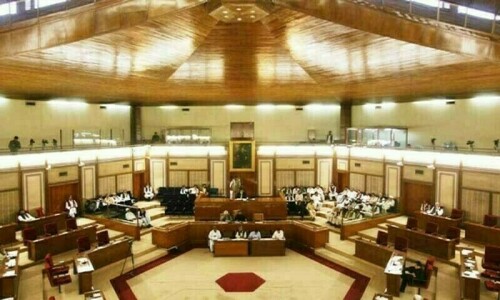LAHORE, April 5: A three-day 8th annual conference being organized by the Department of Humanities and Social Sciences, Lahore University of Management Sciences, under the title ‘Asian Ecologies, Capitalism, Modernity and the Environment’ began at LUMS here on Friday.
The conference is being held in collaboration with the International Growth Center, World Wide Fund for Nature and the South Asian Institute at the University of Texas, Austin.
Speakers threw light on different aspects of Asian ecologies, capitalism, modernity and the environment.
The paper read by Mohammed Qadeer, professor of Emeritus, Queen’s University, traced environmental impacts on urban densities in Pakistan and the emerging urbanization of the countryside.
Combining these impacts with deficits of cities’ living conditions and environmental qualities, the paper argued that extensive urbanization called for urban institutions, which were lacking in Pakistani cities.
Tariq Abdullah, a professor of Environmental Sciences, discussed “Why does Pakistan require a more critical approach to the Clean Development Mechanism”.
Joe Hill, a senior researcher from University of Bonn, explored the topic “Hybrid Rice as a Silver Bullet, Rice cultivation in India and Geographical Rescaling of Seed Production and Control”.
Nikita Sud, a lecturer from University of Oxford, spoke on the topic of “The Indian State in a Liberalizing Landscape: Gujarat and West Bengal Compared”.
She said that Indian provinces had deregulated land differently, depending on historical, political, institutional and economic context.
Atiyab Sultan, a PhD student in Economic History at the University of Cambridge, read a paper on “Collateral Damage, Institution building in Colonial Punjab”. Focusing on British rule in Colonial Punjab, the paper re-examined the institution building, specifically in terms of safeguarding property rights and access to credit.
Khurram Hussain, a freelance business and economic journalist, said the dwindling gas supplies in Pakistan had unleashed a bitter wrangling over diminishing resources.
Ijlal Naqvi, an assistant professor of sociology from Singapore Management University, explored Pakistans experience with the policy-making and implementation of the electrical power sector from 1955 to the present day.







































Dear visitor, the comments section is undergoing an overhaul and will return soon.